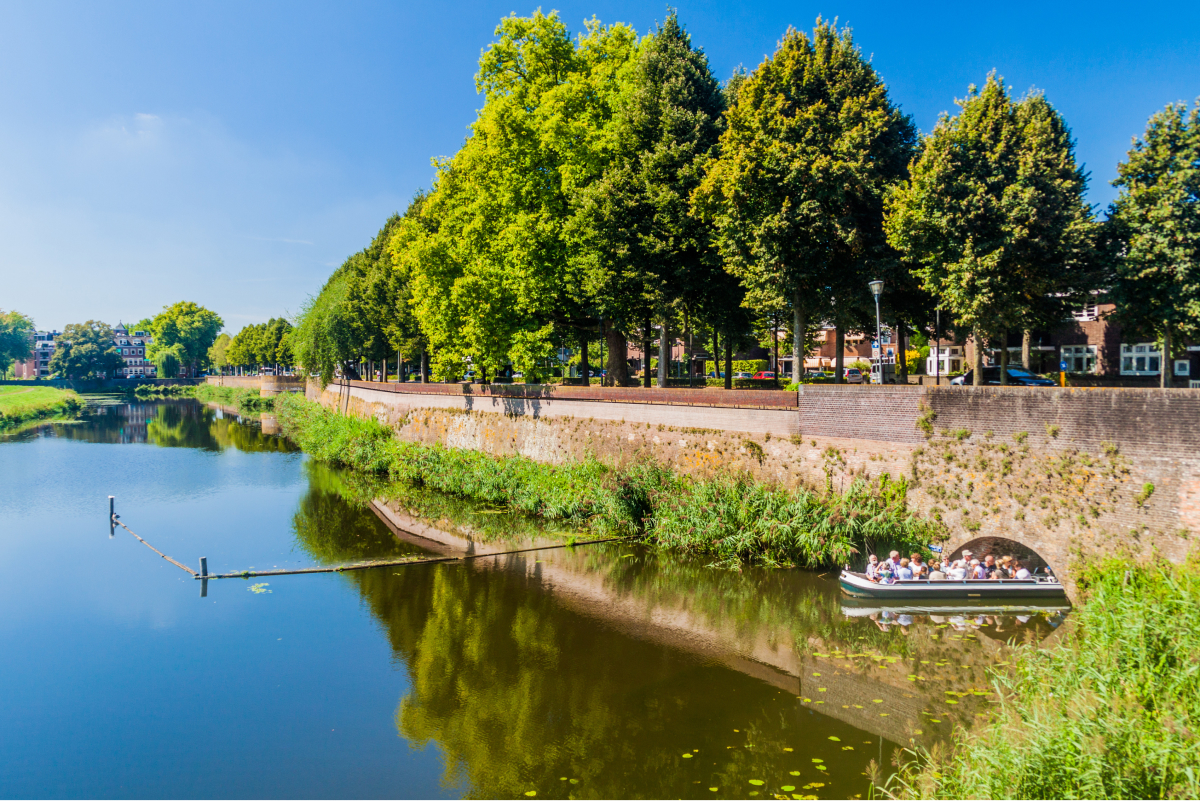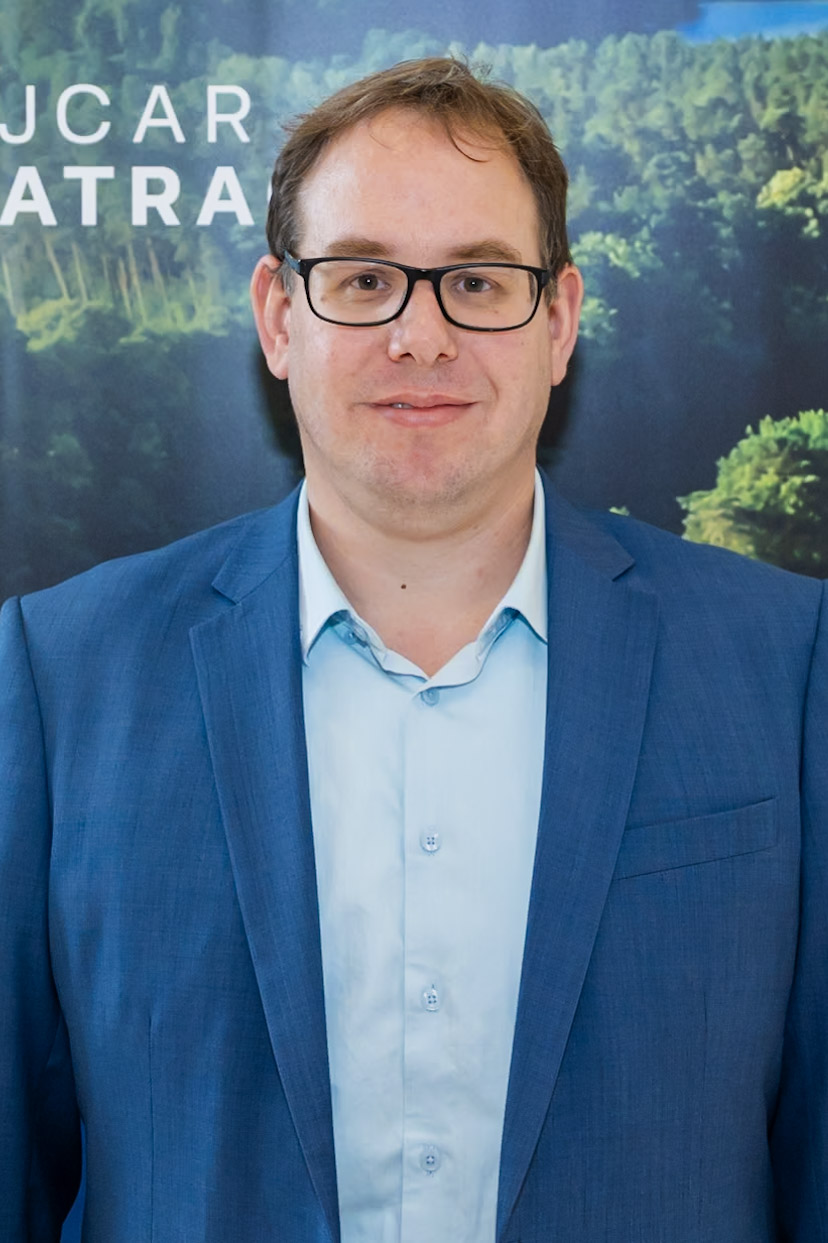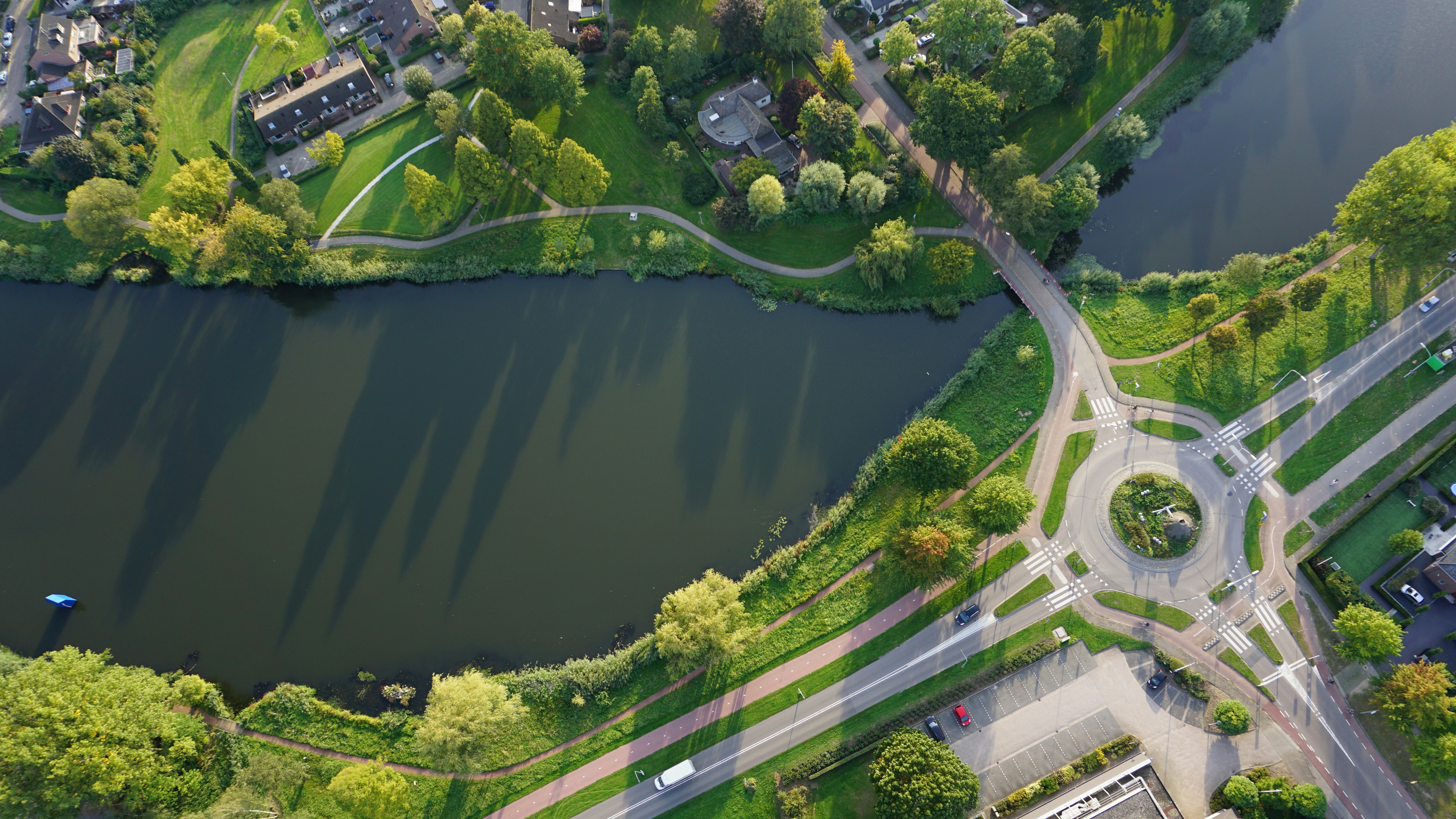
interview with Leo Santbergen
The Dutch-Flemish connection
Achieving effective transborder cooperation requires building connections across different sides of the borders. How can one best build those connections? Leo Santbergen, senior policy advisor for the Regional water authority Brabantse Delta, shares experiences from his Dutch team in strengthening relations with their Flemish counterparts.
Cross-border cooperation
Leo has worked for more than a decade with water management colleagues from Flanders. When he joined the regional water authority, he noticed that colleagues were barely working with Flemish colleagues, instead focusing on Dutch partners. “The border between Belgium and the Netherlands functioned like a mental, cultural, and institutional barrier.” Leo goes into the steps that they undertook to break that invisible barrier and stimulate cross-border cooperation: “The first thing we did is to invest in building up relationships with Flemish colleagues and stimulating my Dutch colleagues to contact our Flemish neighbours themselves. In the beginning, I was the only coordinator for Dutch-Flemish cooperation, so all Dutch colleagues came to me with questions for the Flemish. We invested in those contacts for more than 10 years, so now people from our water authority are also automatically more involved with the Flemish partners.”
The relationship at times felt somewhat imbalanced, as the Dutch side is located very downstream, which led to them asking for cooperation with Flanders more often than their Flemish colleagues asked for it from the Dutch side. Nevertheless, when the ball started rolling, both sides found each other more frequently. “In the Flemish part of the Meuse basin, you find smaller systems and a strong farming community, which causes politicians to be more cautious to engage. Partly because of that, the Flemish follow a more pragmatic approach. If there is an opportunity for a European project and subsidies, they are more likely to cooperate with us. Over the years, we have had many pilot and European projects, which are very valuable, as they allow the Flemish partners (and ourselves as well) to involve more people in transboundary water management.”

Senior Policy Advisor Regional water authority Brabantse Delta
Leo Santbergen
Leo Santbergen is currently Senior Policy Advisor at the regional water authority of the Brabantse Delta. He was born and raised in the border region between Flanders and the Netherlands, between Roosendaal and Antwerp. One of his grandfathers comes from Antwerp, and the rest of the family from the Netherlands. Leo considers himself a true mixture of this border area. He studied biology in Wageningen, and after his studies started working in the Southwestern Delta in Zeeland on the Scheldt river management issues, immediately dealing with the water management field. “I found transboundary water management so interesting, that I have stayed in the field since.” In the water authority, he works as senior policy advisor to all issues related to water management, with water quality and transboundary cooperation as main specialties. “We always try to get regional water management issues in the international Scheldt and Meuse commissions on the agenda.”
Leo sees climate change and its impact as a great danger, as it leads to more frequent floods, droughts, and water quality problems. He mentions Spain as an example where the effects on the water quality can already be felt: “If you open your tap at home, you expect good quality water. In Spain, however, there are now more severe drinking water problems. Our situation might be a bit different than the Spanish, as we receive a net increase of average annual rainfall. However, we still need to have the right distribution over time and manage the water wisely – taking in account droughts and intensive (local) rain showers, to be able to use what we get now (in wet winters) for a potentially dry summer period.”
Currently, the cooperation between both sides of the border follows a pragmatic approach, which has been productive and effective. Leo sees opportunities for intensifying collaboration: “My wish for the future is that we deal with transboundary river basin as if there are no borders between Belgium and the Netherlands, while arriving at shared best management practices for the border crossing river basins.”
The value of JCAR ATRACE
Leo is very proud that the regional water authority of the region of Noord-Brabant and Antwerp was chosen as a pilot area. He sees JCAR ATRACE as a good first step to get to a knowledge-based approach in this cooperation to see how the river basin is reacting under these extreme conditions. “The added value of JCAR ATRACE in stress test development is that investing in this tool will help us to achieve a shared knowledge base, which we need to get to a shared river basin management afterwards.” He believes joint fact finding will be a great way to get to the next step. With joint fact finding and listening well to each of the partner’s needs, you can build trust and move away from the pragmatic approach to a more programmatic approach.
JCAR ATRACE is a ‘gift from heaven’ if you look at climate change. People are increasingly realising that they live in the same river basin, and that clean water, sufficient water and an abundance of water can only be effectively managed by working together
Leo Santbergen, Senior Policy Advisor Regional water authority Brabantse Delta

